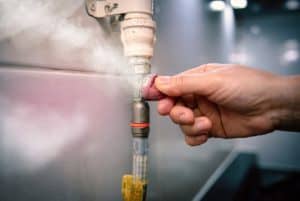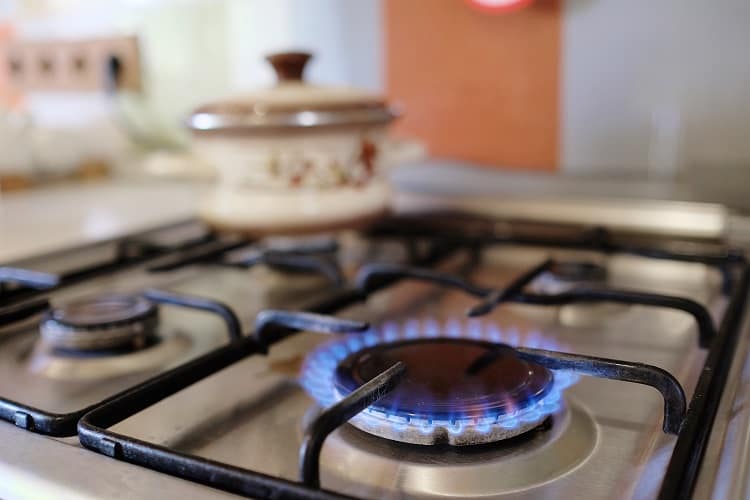Gas provides a range of benefits to every property. Primarily, it’s a vital element in cooking and heating purposes. In some cases, homeowners use it in lighting fixtures and other appliances. Many prefer it more than other fuel and power sources because of its low price and efficiency. However, it’s potentially dangerous, especially if not installed and maintained correctly.
Suppose you’re using gas at home. In that case, you may know how to check for gas leaks. In some cases, gas fitters in your area may provide ideas about what to do.
Knowing these ways can help you prevent health risks and avoid accidents, such as fires and explosions. For that purpose, here’s an article to guide you. So, read on!

- Listen For A Hissing Noise
In many cases, gas leaks produce hissing tight, especially in airtight spaces and lines. You may need to keep the area quiet and stay in the space for a few minutes to find these. Turn off the television or radio and water taps to reduce the noise that may hinder your hearing.
Stand near the gas lines and listen for whistling and hissing noises. The sound may be too low in some cases, so you need to come closer to them, even at point-blank range. If you don’t hear any hissing sound, don’t rule out that your space has no gas leaks. In some cases, the sound could be reduced by the confines of the lines.
- Check The Gas Stove And Lines
A physical inspection of the gas stove and lines is necessary to determine if gas leaks happen. If you’ve just filled in the gas tank and the flames produced are yellow or orange, leaks may be present. Generally, loose fittings in the stove and lines cause leaks, which produce yellow or orange flames instead of a blue flame. You may seek professional plumber and gas services to help you inspect your home.
- Try The Soapy Water Test
Mix a teaspoon of detergent and a glass of water for this step. You may wipe the mixture using a sponge or spread it on the hose assembly, regulator, and tank’s valve surfaces. Then, open the valve and gas stove to pressurize the system. If bubbles or foam form in the connections, it means your gas system has leaks.
- Check for Rotten Egg Smell
For this purpose, gas fitters put an odorant called mercaptan when installing your gas assembly at home. You’d smell rotten eggs if leaks happen since the odorant is sulfur-based. Smelling this specific odor prompts you to call a gas fitter or plumber to find the source of the leak.
- Use A Natural Gas Leak Detector
Natural gas leak detectors or sensors are devices you may install or use in your kitchen and the other areas in your house where gas lines pass through. This helps you determine the presence of leaks in a room. Generally, gas detectors are classified into two types—fixed and portable.
You can mount the fixed gas sensors anywhere on your property, mainly in the gas lines’ spaces. Each detector may have a particular coverage, so you need to plan out its circulation around your property. On the other hand, you may carry portable gas sensors around your house to check for gas leaks. This means that one would be enough.
- Monitor Gas Usage Level
One way to determine if gas leaks occur in your house is by checking your gas level regularly. If you’re a family of four, you may have been consuming a 45-kilogram gas cylinder every 4 to 6 weeks. If you have economical solutions, such as turning off your stove’s pilot lights, the product may last 6 to 7 weeks.
During colder months, the usage may increase. If your gas usage seems way lower than this, you may need to manually check for gas leaks, especially if your gas consumption suddenly spikes. For this purpose, keeping a record of the monthly gas usage could be a good idea to monitor your consumption.
Wrapping Up
Gas is a vital fuel source to power your cooking and heating at home. Its only downside could be its potential risks. To prevent this from happening, you may need to know the various ways of determining if gas leaks occur in your home or not. Referring to the points given in this article will provide you with some ideas on how to do the process.
You may also ask seasoned gas fitters and plumbers about their best practices in knowing the signs to watch out for. This may not only save you time, money, and effort but could help in preventing accidents that may result in property loss and even death.

Recent Comments